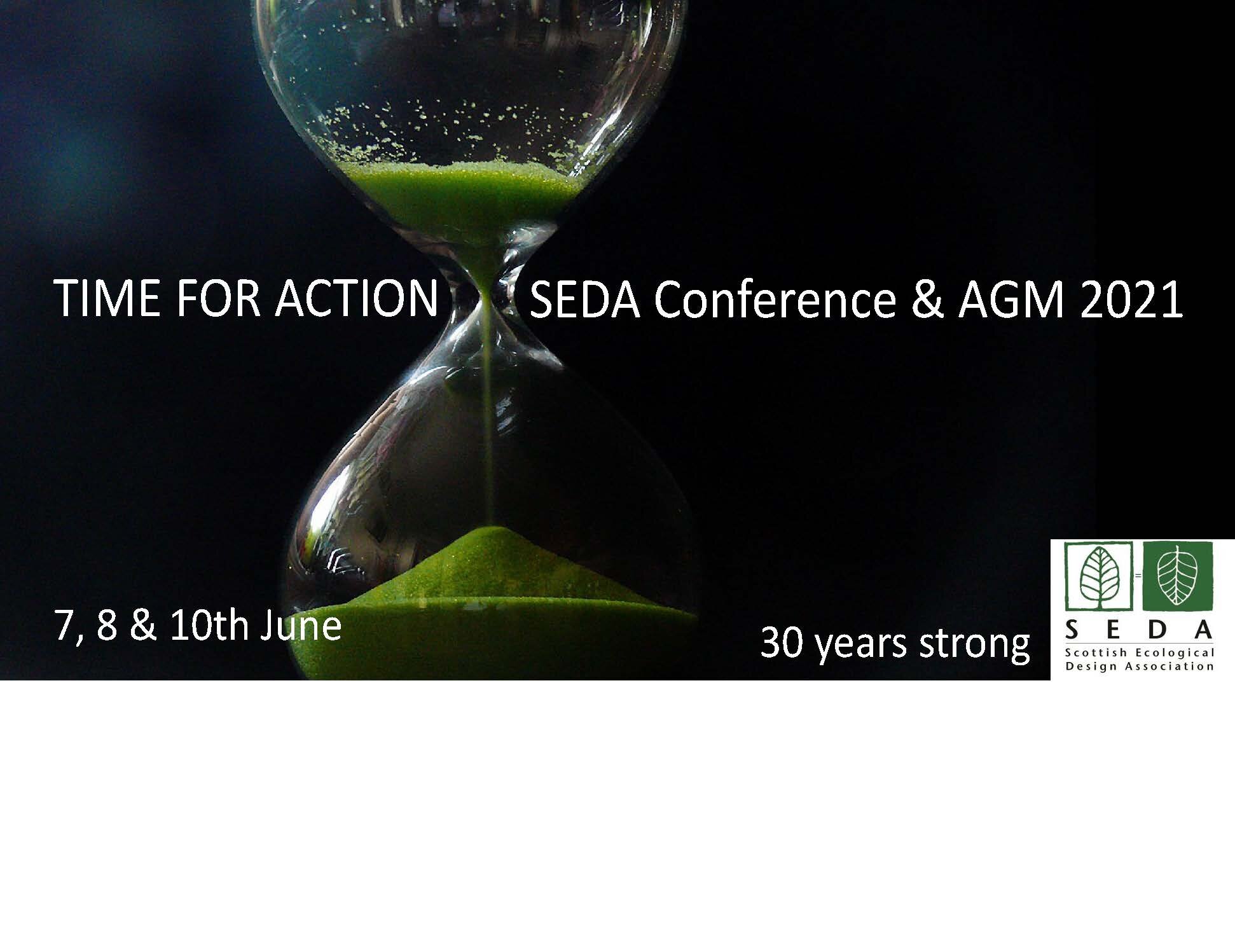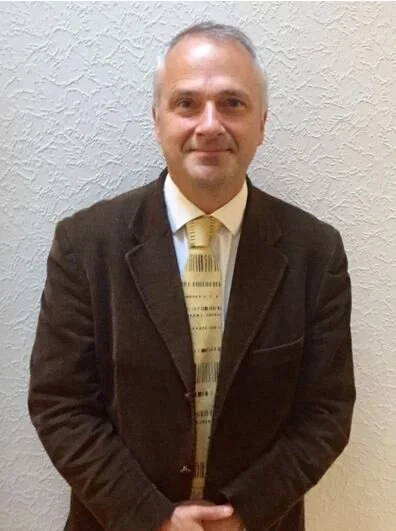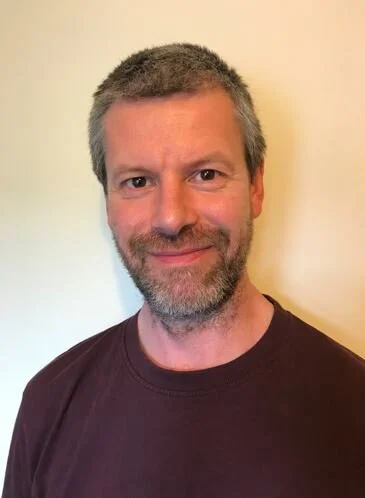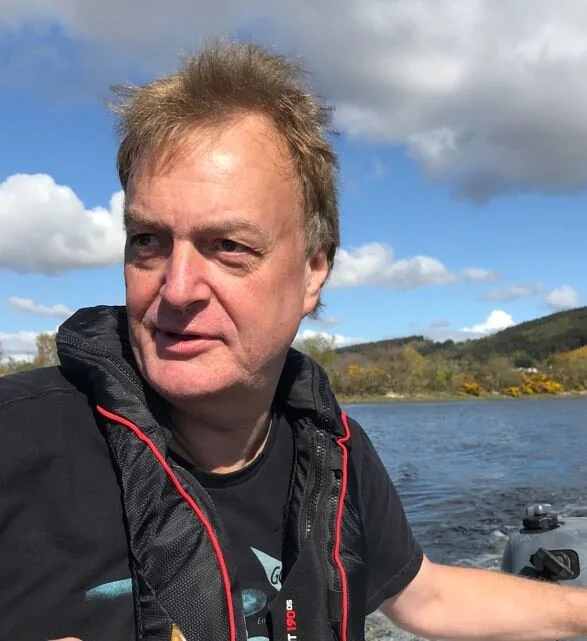SEDA Conference / Day 1
DAY 1 - 30 YEARS STRONG
Why SEDA was formed and what were the initial aims; key moments through 30 years; global impact of climate change over last 30 years; how the public focus has moved onto climate change in the last 30 years. What lessons can we draw from this, what are we best on and what can we do more of?
Chair
Fionn Stevenson
SEDA and the University of Sheffield
Professor Fionn Stevenson holds a Chair in Sustainable Design at the University of Sheffield School of Architecture where she is also the Green Impact Lead, a member of the ‘Design, Engagement and Practice’ research group and the Energy Institute. She is also Campaigns Director for the Building Performance Network UK. She has previously held academic positions in five other UK Universities and was in practice for eight years as a qualified architect prior to this. Her research and consultancy work focuses on developing innovative building performance evaluation and occupancy feedback in order to improve sustainable building design and develop new policy and practice. She has held a visiting professorship at the University of British Columbia in Canada, and has worked on BPE projects in the UK, Poland, Mexico and Brazil. She is particularly interested in designing housing for people from a holistic perspective that ensures sustainable resource use and ecosystems. As a principal and co-applicant, she has obtained and managed over £1.5 million in research funding to date, derived primarily from government agencies and the EU. She has over 120 publications to date including her seminal book: Stevenson, F. (2019) Housing Fit For Purpose: performance, feedback and learning. RIBA Publishing, London
SPEAKERS
Sebastian Tombs:
SEDA
Sebastian is an architect, a co-founder of SEDA in 1991, and it’s first Secretary, and Chair from 1995-1997. He was first Deputy Secretary, and then Secretary and Chief Executive of RIAS between 1995 and 2005. He helped developed RIAS’s Accreditation in Sustainable Design. He then was Chief Executive at Architecture and Design Scotland from 2005 – 2009. He has also been the Director of the Built Environment Forum Scotland and the Scottish Building Contract Committee. Since 2011 Sebastian has been building a homestead on the Isle of Lismore, Argyll. He served as Chair of the Lismore Community Trust from 2014 to 2020
Duncan MacQueen
International Institute for Environment and Development
Duncan has worked at the International Institute for Environment and Development (IIED) for 20 years and is now the Principal Researcher and Team Leader (forests) within the Natural Resources Group. He has been a conceptual pioneer in programmes to sustain locally-controlled forestry including the design of programmes for genetic tree improvement; agroforestry system enhancement; funding facilities for forest and farm producer organisations; training tools and programmes for business start-up, risk self-assessment, business incubation and climate resilience; labelling options for fair trade timber; strategies for biomass energy; tiered organisational structures between producer groups that aggregate product and power; and knowledge and learning products for a range of audiences. A forest botanist by training, Duncan’s interests lie in ‘diverse, creative, solidarity’ - empowering local groups to design sustainable futures. Before IIED Duncan worked as the Deputy programme manager for the UK government Department for International Development’s (DFID) Forestry Research Programme; as a researcher at Embrapa Amazonia Oriental in Brazil; and with the Oxford Forestry Institute collecting forest seed in Central America. He grew up in the rainforests of Sumatera, Indonesia.
Matt Aitkenhead
The James Hutton Institute
Matt Aitkenhead is a soil scientist at the James Hutton Institute. He works on mapping and monitoring soils, and on the ways in which they interact with the rest of the environment. He is particularly interested in providing policymakers with the necessary evidence to develop flexible, sensible and above all effective legislation to improve Scotland’s soil health.
Dr. Howard Dryden
Dryden Aqua Ltd
The founder of Dryden Aqua Ltd and the chief scientific officer of the GOES Foundation (Global Oceanic Environmental Survey). Howard is a marine biologist from Edinburgh and one of the world’s leading experts in sustainable water treatment. Howard’s 30+ year career has focused on one vision — to make the aquatic environment safer and cleaner for humans and all the other organisms on which our life depends. The focus of the GOES Foundation is the restoring of oceanic ecosystems by elimination of aquatic environmental pollution from toxic-for-ever chemicals, to avoid ocean acidification and a complete collapse of the entire marine environment along with the food supply for 2 billion people.






